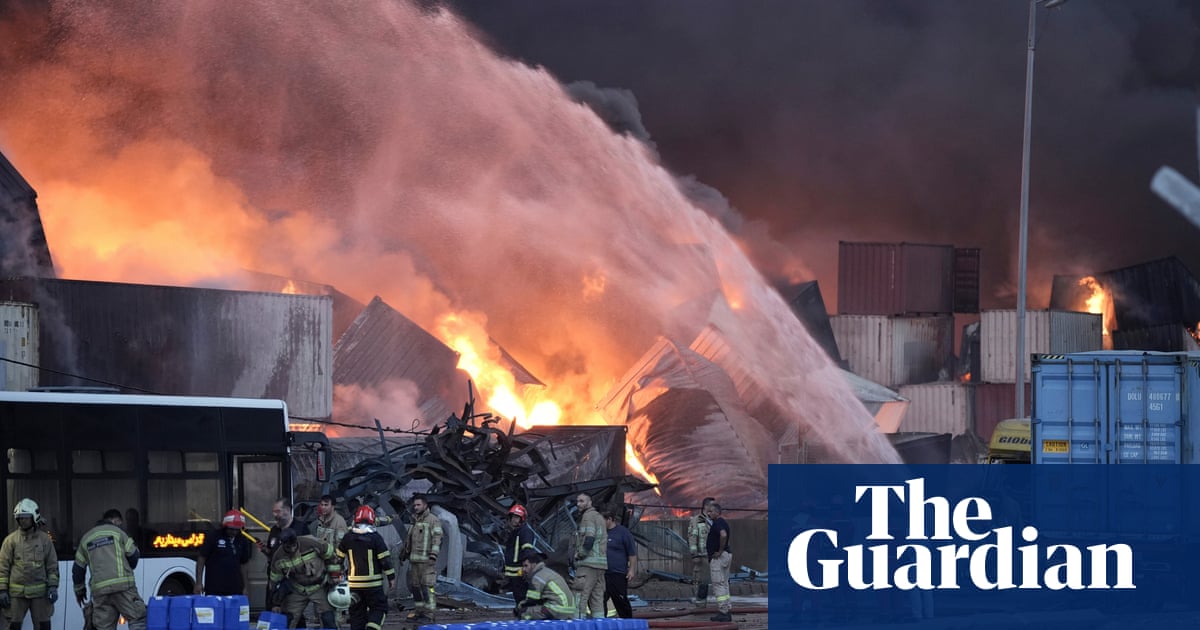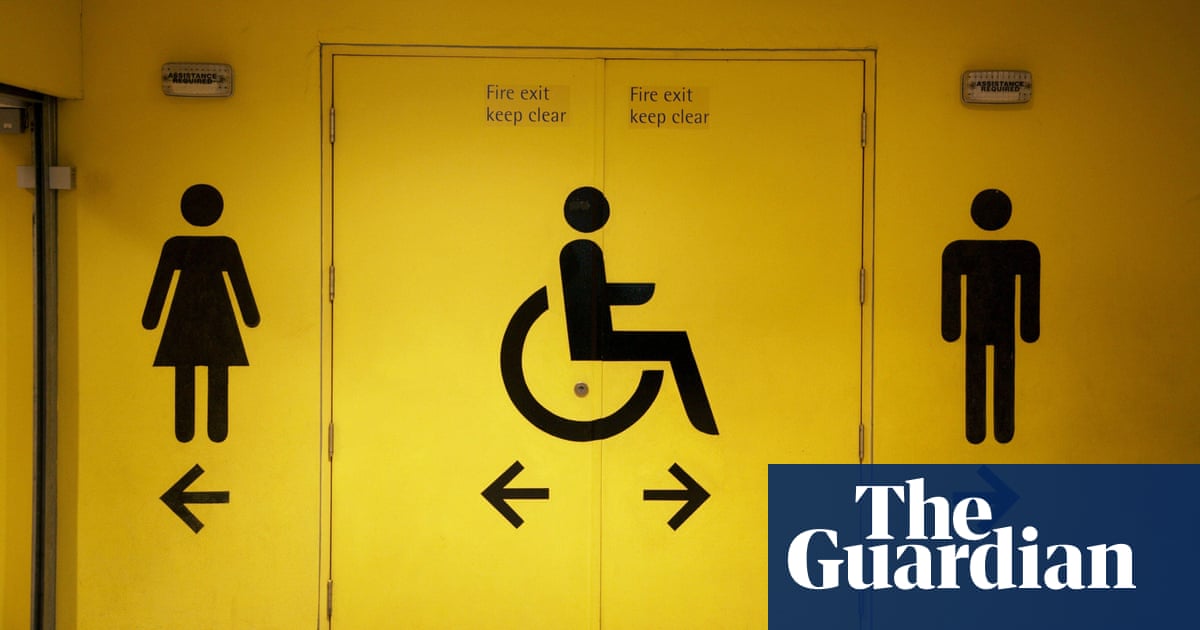When leaders from dozens of countries met in Mozambique a decade ago, their aim was to rid the world of one of its most treacherous weapons. Years after signing a landmark treaty banning the use, production and stockpiling of landmines, they seized on the gathering to set out an ambitious deadline for the completion of their efforts: 2025.
Now 2025 is here, a very different precedent looms as five European countries have announced their intentions to be the first to withdraw from the treaty. All are Nato members that border Russia, and cite concerns about the growing threat posed by Vladimir Putin.
Rights groups have described the move as shocking, and warned of a “slippery slope” that starts with renewed use of landmines and leads to the erosion of other international humanitarian norms.
For Jody Williams, who played a critical role in helping to secure widespread global support for the landmine treaty, news of the reversals prompted a visceral reaction.
“It makes me want to scream,” the 74-year-old Nobel laureate told the Guardian. “It’s really mind-boggling. Landmines do not stop an invasion. Landmines don’t influence the outcome of a war. All they do is mutilate or kill your own people. That’s why it blows my mind – it’s so stupid.”
Williams was recruited to the cause in the 1990s after a friend introduced her to Bobby Muller, a Vietnam war veteran and staunch peace advocate. Together they created what became the International Campaign to Ban Landmines (ICBL), which, since 1992, has grown to include about 1,300 NGOs in 90 countries.
When governments refused to amend an existing weapons treaty to ban landmines, Williams and the ICBL began a years-long effort to create a new one. The result was the Ottawa treaty – a 1997 agreement that ranks among the world’s most widely accepted international treaties, with more than 160 signatories.

Later that year, when Williams and her organisation were jointly awarded the Nobel peace prize, it was a nod to the significant step the treaty represented when it came to protecting civilians from the ravages of war. Its success was dizzying, sending the number of annual landmine casualties plunging from more than 25,000 to less than 4,000, yielding the destruction of more than 55m stockpiled landmines and slashing the number of countries actively producing the weapons from dozens to just a handful.
Even so, several of the world’s most powerful countries refused to sign up. “We had to do it outside the UN because [there] any one country can veto or stand in the way,” Williams said, alluding to the fact that the majority of the UN security council’s permanent members – the US, China and Russia – remain opposed to taking action against landmines.
Like most international agreements involving weapons, the Ottawa treaty includes a framework for countries to change their minds. For Williams, this clause remains a logical flaw, given why countries signed up in the first place.
“It shouldn’t be there,” she said. “If you can understand the logic [of banning landmines], you shouldn’t later decide to leave and go make a mess and kill your own people.”
Williams spoke to the Guardian from her home in Vermont weeks after the defence ministers of Estonia, Latvia, Lithuania and Poland published a joint statement explaining why they wanted to leave the treaty.
“Military threats to Nato member states bordering Russia and Belarus have significantly increased,” they wrote. “With this decision we are sending a clear message: our countries are prepared and can use every necessary measure to defend our security needs.”
Soon after, they were joined by Finland, whose prime minister, Petteri Orpo, described the reversals as necessary to give his country “the possibility to prepare for the changes in the security environment in a more versatile way”.

Russia, which was never a signatory to the treaty, has used landmines extensively since it launched its full-scale invasion of Ukraine, making it the most heavily mined country in the world.
For Williams, these countries’ nervousness is justified. “It’s not illogical. I understand the fear. In a perfect world, or something like that, maybe a landmine barrier would make sense,” she said. “But it doesn’t. It doesn’t stop determined soldiers from engaging in battle. All you get is a mess afterwards that threatens your own population.”
This view seems to be borne out by the statistics. As landmines continue to kill and injure people around the world, the overwhelming majority – between 70% and 85% per year – are civilians. Nearly 40% of those affected by landmines are children.
What Williams sees in the reversals is a deeper question of whether states are now chipping away at earlier efforts to shield civilians from wars.
“It’s a critical moment,” she said. “The landmine withdrawal does have an impact on how one thinks about the importance of the laws of war – part of the laws of war are protecting civilians from the insult of conflict.”
Days earlier, Williams had travelled to Jerusalem and the West Bank – meeting women on the frontlines of resisting violence in the midst of what she called a “genocide”. She returned home to news that Donald Trump was slashing Pentagon posts that had focused on preventing civilian harm during US combat operations.
“It’s all of those things together,” she said, seeing hints that a broader shift was under way. “It erodes the belief that the laws of war matter.”

 11 hours ago
18
11 hours ago
18













































